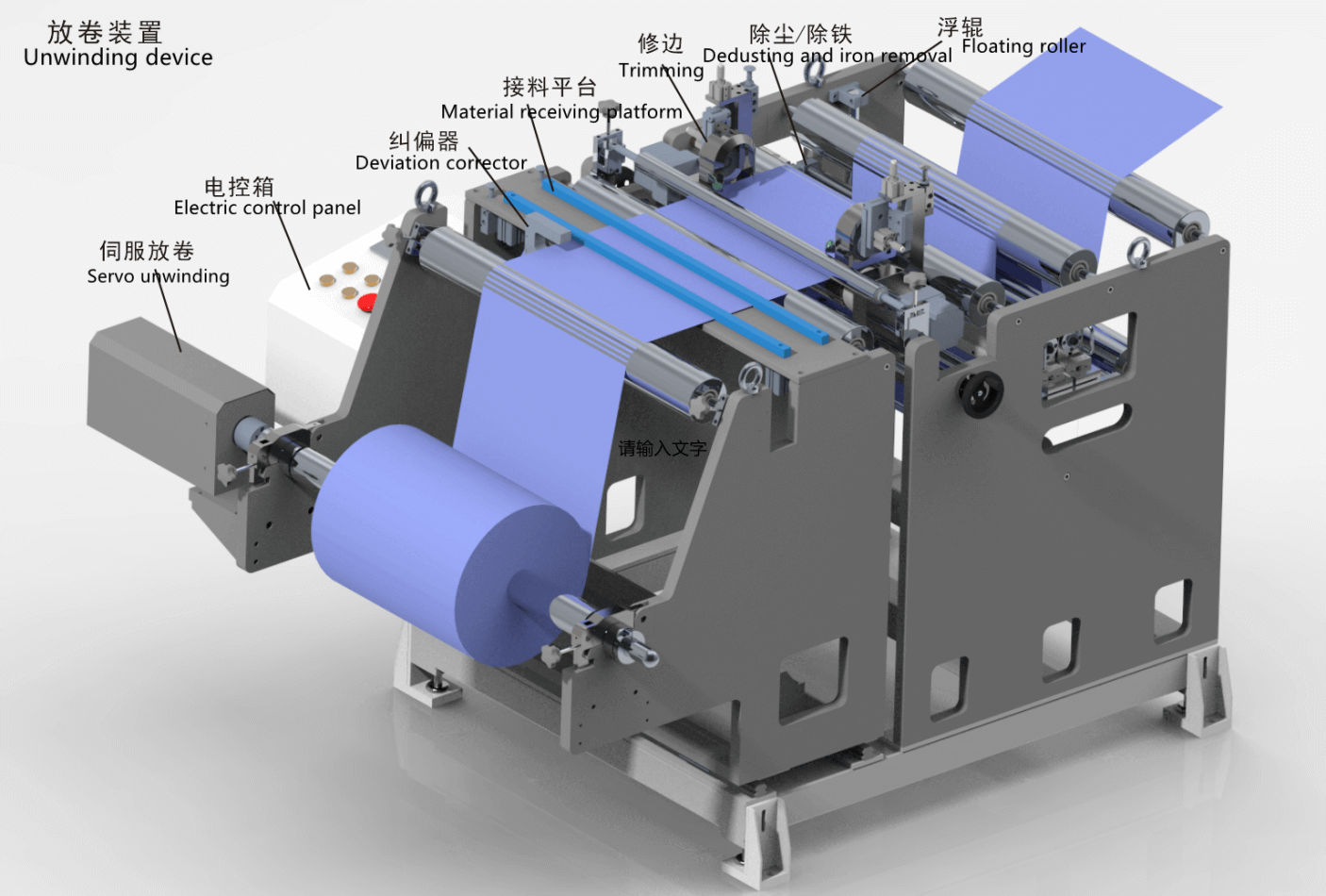Site Blog
Ligne de machines de fabrication de production de cellules cylindriques automatiques
fabrication et équipement de laboratoire de batterie de Li-ion 18650
Organigramme de la pile bouton au lithium-ion et liste des machines
fabrication et équipement de laboratoire de batterie de poche de li-ion
dec 2016 usa client acceptation d'usine de l'empileuse automatique
Contactez-nous
- Si vous avez des questions, veuillez communiquer avec nous, toutes les questions recevront une réponse
- Messagerie : David@tmaxcn.com
- Messagerie : Davidtmaxcn@gmail.com
- Ajouter : No. 39, Xinchang Road, Xinyang, Haicang Dist., Xiamen, Fujian, China (Mainland)
produits chauds
Impact of Roll-to-Roll Calendering on Battery Development
1. Improved Uniformity of Electrode Calender Materials:
Roll-to-roll calendering significantly enhances the uniformity of electrode materials through continuous mechanical calendaring. The consistent action of rolling reduces internal voids, making electrode materials denser and more uniform. This improvement is crucial for battery performance, including increased energy density and cycle life.
2. Increased Battery Energy Density:
By enhancing the density and uniformity of electrode materials, Roll-to-roll calendering contributes to improved battery energy density. Higher energy density allows batteries to store more energy within the same size, particularly beneficial for applications such as electric vehicles and portable devices.
3. Continuous Production for Enhanced Efficiency:
The continuous production nature of Roll-to-roll calendering significantly improves efficiency compared to batch production methods. This continuous process helps lower manufacturing costs and increases the scalability of battery production.
4. Adaptability to Various Battery Types:
The flexibility of Roll-to-roll calendering allows it to adapt to various types of battery manufacturing, including lithium-ion batteries, nickel-metal hydride batteries, and others. Manufacturers can adjust the process according to the requirements of different battery types, achieving personalized and customized production.
5. Improved Production Consistency:
Continuous production and mechanical calendaring contribute to improved consistency in battery manufacturing. Ensuring similar characteristics across different production batches is crucial for maintaining battery performance.
6. Facilitating the Development of New Battery Technologies:
The application of Roll-to-roll calendering drives the development of new battery technologies. In fields like flexible electronics, wearable devices, and other innovative areas, Roll-to-roll calendering provides a crucial means of manufacturing high-performance, flexible, and customized batteries.
7. Energy and Material Savings:
Compared to traditional manufacturing methods, electrode calendering machine is often more energy-efficient due to its continuous process, reducing downtime and energy waste. Additionally, the uniform calendaring process contributes to lower material usage.
8. Environmentally Friendly Manufacturing Processes:
With the increasing demand for sustainable manufacturing, calendering machine for electrode is evolving towards more environmentally friendly practices. This includes the use of renewable and recyclable materials, reducing waste generation.
Through enhancements in battery performance, cost reduction in production, and driving the development of innovative battery technologies, the application of Roll-to-roll calendering in the battery field has a positive impact on sustainable developments in electric vehicles, renewable energy, and wearable technologies.
 English▼
English▼





 +86 13174506016
+86 13174506016 David@tmaxcn.com
David@tmaxcn.com

